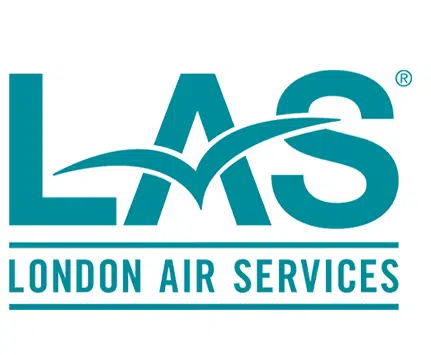MSP Agreements in Aircraft Purchase Transactions
Here are some of the legal and practical reasons why disclosing the MSP agreement is neither market standard nor appropriate.
Disclosure of MSP Agreements in Aircraft Purchase Transactions
In aircraft purchase agreements, it is commonplace for such agreements to contain covenants whereby the aircraft seller “assigns” all of its rights under the MSP Agreements to the aircraft purchaser. In this article, we will delve deeper into why the disclosure of the MSP agreements may not be appropriate or necessary in the context of an aircraft transaction.
In most cases, standard aircraft purchase agreements do not impose an obligation on the aircraft seller to disclose the specifics of the MSP agreement. Instead, the typical requirement is for the aircraft seller to “assign” the rights under the MSP program to the aircraft purchaser. This assignment is intended to ensure that the aircraft purchaser inherits the benefits and responsibilities of the MSP program. However, this is not a real assignment as these agreements cannot be assigned.
The aircraft seller may be obligated to ensure that the MSP program is fully paid and up to date as of the closing date, ensuring a seamless transition of coverage to the buyer. However, this obligation does not typically extend to the disclosure of the specific details within the MSP agreement itself.
Legal: Confidential Nature of MSP Agreements
MSP agreements contain confidential information, one of the most critical aspects being the rates negotiated between the MSP provider and the aircraft owner-seller. These rates are not static; they are reflective of the ever-changing market conditions, anticipated end-user volume and parameters of use, specific bargaining positions of the parties at the time of negotiation. As such, they are not suitable for public disclosure as they represent a snapshot in time, subject to change in response to various factors.
These agreements uniformly contain prohibitions against unconsented disclosures, and notably also contain provisions barring any assignments of the agreements. While some MSP agreements contain specified processes for transferring the MSP coverage between an aircraft owner-seller and an aircraft purchaser, none in our review may actually be assigned.
In essence, an aircraft seller doesn’t possess the power to disclose the confidential contents of the MSP agreement between it and the MSP provider. More importantly, even if such disclosure was made, it would be of little value to the aircraft purchaser, except perhaps for negotiating value, as the aircraft purchaser would be presented with a new MSP agreement in the then-applicable format, with rates that align with the aircraft purchaser’s intended use including number of hours of annual use and primary location.
Practical: New MSP Agreements
In no instance is the aircraft seller required, or even permitted to transfer their specific MSP agreement directly to the aircraft purchaser. The MSP provider normally initiates a new agreement in the then-prevailing standard format for the aircraft purchaser’s review and execution. This process allows the aircraft purchaser to be fully informed of the terms and conditions that will apply moving forward, aligning with the current practices and standards of the MSP provider. When the aircraft purchaser is expected to enter into a new MSP Agreement, and barring the fact that the aircraft seller is prohibited from disclosing their existing agreement with the MSP provider, what then is the purpose or value of the aircraft purchaser or their lender seeing the copy of the MSP agreement? No real value at all.
- Negotiability of APU
- Navigating Spare Parts in Aircraft Purchase Agreements
- MSP Agreements in Aircraft Purchase Transactions


































